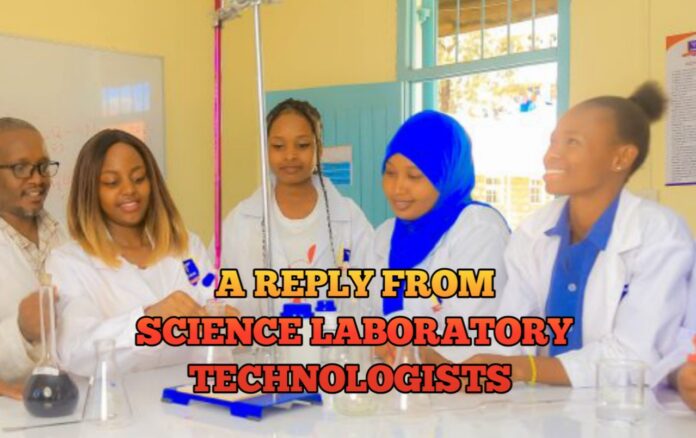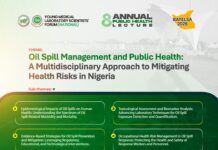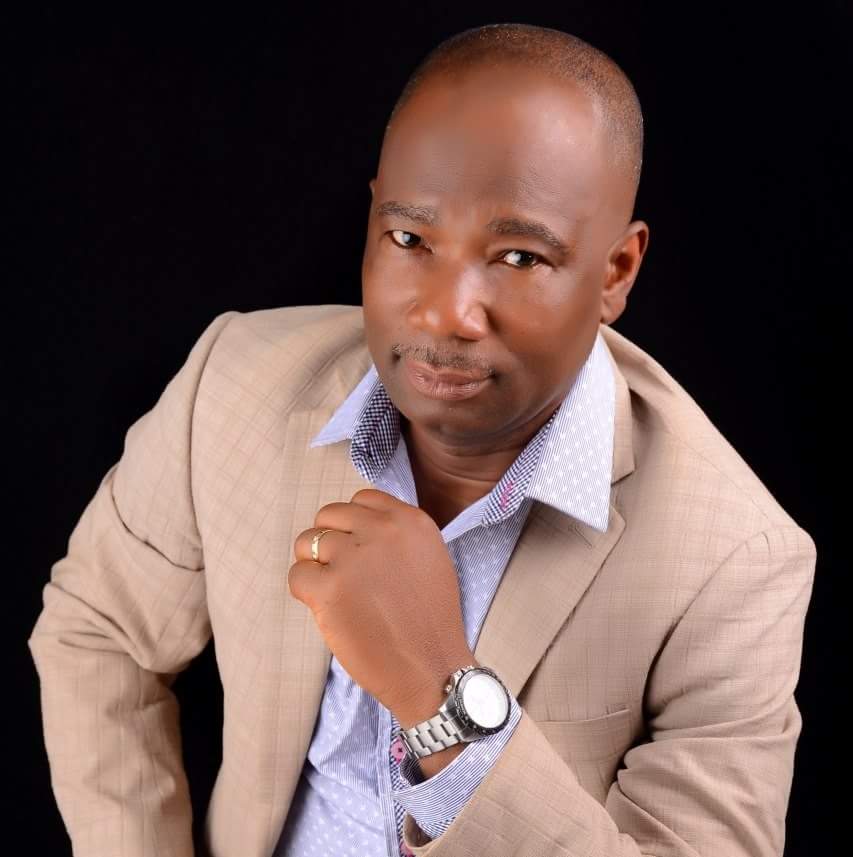In response to the assertions made by Dr. Kemzi Elechi-Amadi, it is important to provide a comprehensive and professional analysis on the Science laboratory (SLT) profession.
Firstly, it is crucial to note that medical laboratory practice and science laboratory practice are overseen and supervised by separate regulatory bodies in Nigeria. Medical laboratory practice falls under the purview of the Medical Laboratory Council of Nigeria, supervised by the Ministry of Health. On the other hand, SLT is supervised by the Science Laboratory Council, specifically the Nigerian Institute of Science Laboratory Technology (NISLT), which operates under the Federal Ministry of Science, Technology, and Innovation. These two bodies regulate distinct professions with separate mandates. While medical laboratory practice primarily focuses on routine analysis, SLT encompasses a broader scope that involves extensive research and investigation.
Science laboratory professionals engage in advanced research to address daily challenges in various specialised areas, such as biomedical techniques, physiology, pharmacology, biochemistry, microbiology, physics, electronics, geology, and mining techniques. Their research breakthroughs often result in the development of standard operating procedures (SOPs) that are utilised in daily laboratory analysis by medical laboratory scientists (MLS). Thus, there exists a symbiotic relationship between SLT professionals and MLS, where the research conducted by SLTs contributes to the development of protocols used by MLS in their routine laboratory practices.
Regarding Dr. Elechi-Amadi’s statement questioning the understanding and practice of physiology and anatomy by SLT professionals, it is essential to clarify the curriculum and training undergone by SLTs. Many SLT graduates specialising in biomedical techniques receive comprehensive education and training in human physiology and anatomy within the College of Health Sciences. Moreover, a significant number of SLTs have pursued PhDs in various areas of physiology from reputable institutions, further demonstrating their expertise and commitment to advancing the field. There are also SLTs specialising in physiology and pharmacology techniques who are well-trained in these subjects, enabling them to carry out extensive research and contribute to medical breakthroughs in their respective areas of practice. These facts can be verified through the National Universities Commission’s Benchmark Minimum Academic Standards (NUC BMAS) and the Curriculum and Course Specifications for SLT (CCMAS) documents. It is unfortunate that Dr. Elechi chose to propagate lies and make baseless accusations without considering these facts.
Moreover, SLT professionals undergo extensive training, spending five years in university education followed by an additional year of core practical training equivalent to an internship. They are required to pass a mandatory professional exam to qualify as associate and licensed members of the profession. Afterward, they proceed to complete the mandatory National Youth Service Corps (NYSC) program, resulting in a total training period of seven years, culminating in the award of a Bachelor of Science in Laboratory Technology (BSLT) degree.
The continuous use of the term “quackery” by the Medical Laboratory Science Council of Nigeria (MLSCN) and its members to refer to SLT professionals is not only offensive but also inappropriate. Professionalism and respect should be maintained among different professions, and labelling others as quacks is contrary to the principles of professional conduct.
It is concerning how some government bodies, states, and parastatals, particularly Hospital Management Boards and Primary Health Care Development Agencies (PHCDA), are influenced by the MLSCN’s claims that SLTs are ineligible to handle blood samples. This raises questions about the type of samples biomedical, physiology, and pharmacology professionals, who are part of the SLT profession, are qualified to handle. It is crucial to consider a more inclusive and informed approach when making employment decisions, aligning them with the skills and capabilities of SLT professionals.
Dr. Elechi-Amadi references the MLSCN and NISLT acts, suggesting that SLT has no place in human resources. However, he fails to acknowledge the specific provisions within the STI policy 2012, section 3.3, (19) ii., that mandate activities in educational, research, medical, and industrial laboratories. This clearly indicates that SLT professionals are recognized and have a rightful place in these domains. Dr. Elechi’s misrepresentation of facts and his attempts to instigate professional rivalry undermine the government’s provisions and distort the truth to suit his own agenda.
In relation to the high court judgement, it is important to highlight that courts rely on facts and evidence, not mere imagination. The medical laboratory council could not provide a single document to prove that SLTs are unable to practise medically in any health facility. Conversely, SLT professionals presented evidence and eligibility to practise in medical facilities, including documents from the federal government, regulatory bodies, and the National Universities Commission (NUC), among others. It was these compelling facts that informed the judge’s verdict.
It is essential for professional harmony to prevail among various professions, agencies, and health sectors in Nigeria. Sentiments and propaganda propagated by the medical laboratory council should be set aside to foster growth and development for the future of the nation. Collaboration and mutual respect among professionals will create an environment conducive to the advancement of healthcare and the well-being of the Nigerian population.
Written by
Akpede Akpevwe BSLT, AISLT Biomedical laboratory scientist
And
Ewhre Oberhiri Lawrence BSLT, AISLT
DISCLAIMER: The views expressed in this opinion article are entirely those of the authors and not in any way reflect the views of this blog.


















